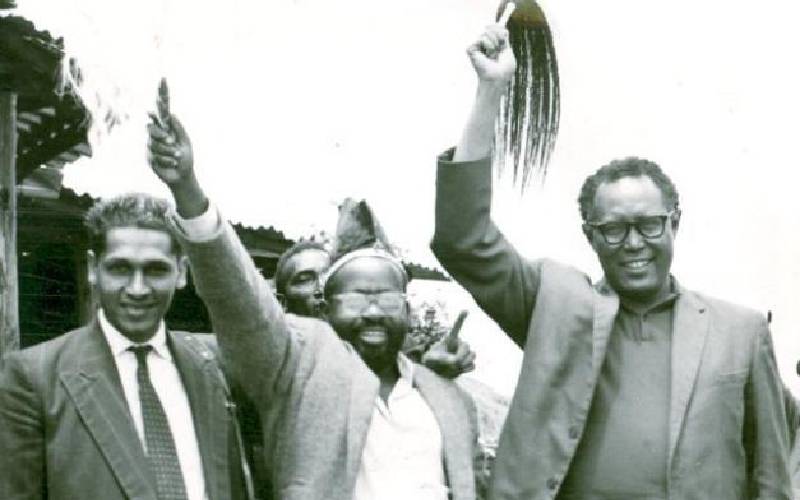×
The Standard e-Paper
Smart Minds Choose Us

Pio Gama Pinto (left) with Joseph Murumbi (right).
When he returned back from India where he had been for 15 years, Joseph Murumbi, who later became Kenya’s second vice president, faced an identity dilemma.